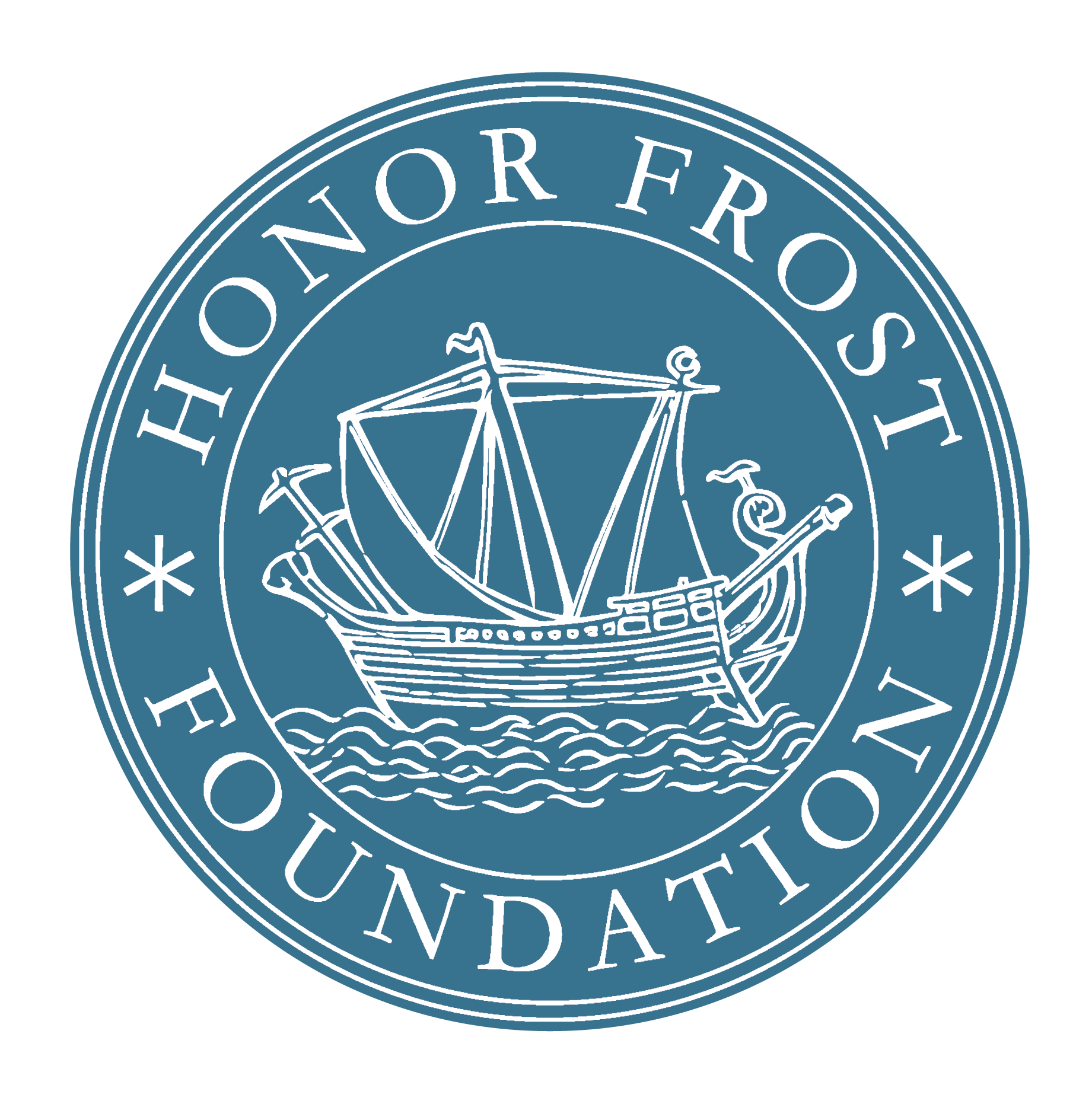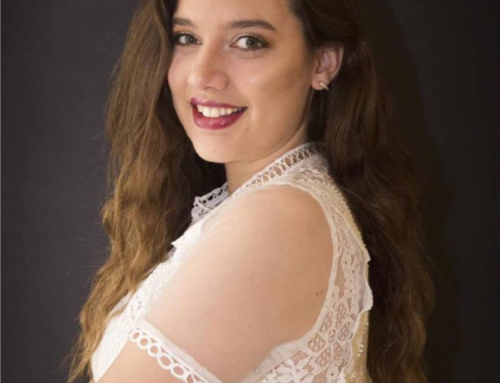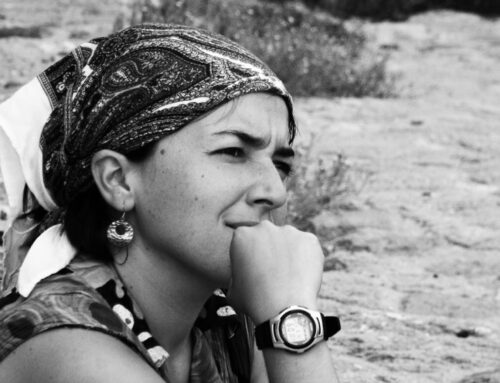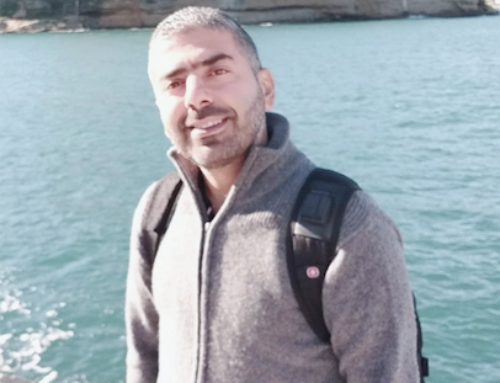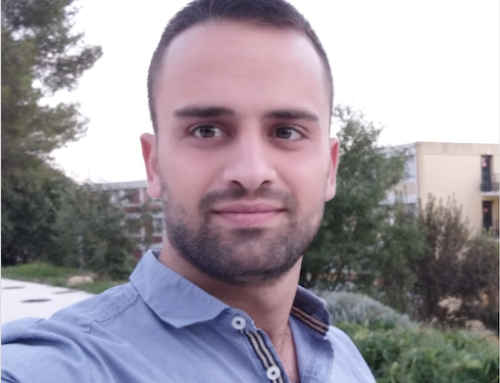Raghdah Dagher – 2022 – Aix-Marseille University
 Raghdah Dagher I am a master’s student at the University of Aix-Marseille in France, with a scholarship from the Honor Frost Foundation. I have a BA in Archaeology from Aleppo University (Syria) and a MA in Classical Archaeology from Damascus University (Syria). Currently, I am pursuing a MA degree in Maritime and Coastal Archaeology (MOMArch) at Aix-Marseille University. Over the past years, I have acquired extensive experience from being an archaeologist and a ceramist in multiple archaeological sites and projects in Syria and Iraq. I was a member of several archaeological excavation projects organized by the General Directorate of Antiquities and Museum (DGAM – Syria), The British Museum, The Sorbonne University, Tübingen University, and recently by Aix-Marseille University. During my master’s degree at Aix-Marseille University, I focus on the study of amphorae in the coastal region of Syria (i.e., Eastern Mediterranean). This comprises both terrestrial and maritime uncovered amphorae. Many vessels were found during systematic excavations or rescue and salvage excavations. However, they were only partly documented in internal reports but not studied altogether with contextual analysis and were not published. My study aims in documenting these amphorae that are preserved in Latakia and Tartous Museums in an analytical approach. This is to build the amphora typology of the region, to precise the characteristics of the local amphorae, and to study the imported amphorae and their relationships with the region in a contextual study approach. My present master’s program is giving me the tools I need to advance academically and professionally, enabling me to do in-depth research on my country’s heritage. This was generously supported with a scholarship from Honor Frost Foundation. HFF does provide me with possibilities to pursue academic and scientific achievement and my curiosity for knowledge. Noteworthy, HFF is a very supportive institution for such studies in Maritime Archaeology, and I am sure that my country, Syria, will benefit from the substantial support that HFF does on academic and scientific levels. 2023 UpdateDuring my master’s degree at Aix-Marseille University (MOMArch Program), I focus on the study of ceramic amphorae in the coastal region of Syria (i.e., Eastern Mediterranean). This comprises both terrestrial and maritime uncovered amphorae. Many vessels were found during systematic excavations or rescue and salvage excavations. However, they were only partly documented in internal reports but not studied altogether with contextual analysis and were not published. My study aims in documenting these amphorae that are preserved in Latakia and Tartous Museums in an analytical approach. This is to build the amphora typology of the region, to precise the characteristics of the local amphorae, and to study the imported amphorae and their relationships with the region in a contextual study approach. It should be noted that the study on amphora in this region was not done before with a profound approach. Not to mention that in the last decade, excavations continued in the region, but their results were not studied and not open to the public due to the difficult situation in Syria. Therefore, my study will help in documenting the amphora vessels of the region and make it accessible to scholarly academia with the help of HFF scholarship. In the coming academic year, I am planning to work on my proposed thesis research. I will go to Syria in August and September 2023 to complete my documentation of the amphorae that are preserved in Latakia and Tartous Museums. This includes photography, drawing, and fabric documentation using magnifiers and digital microscopes. After I return to France, I will work on this documentation to build my amphora typology and perform a classification based on the different types, wares, fabrics, and contexts. Moreover, I am planning to bring pottery samples of the amphorae in order to perform fabric analysis. This will help in the pottery classification and the identification of the local amphorae from the imported ones. However, due to the current difficult circumstances in Syria, it might be problematic to bring pottery samples. Therefore, and accordingly, I will do a local study on the fabrics using the digital microscope to identify the different clay matrices of the pottery fabrics. Additionally, I will follow the university courses and attend the fieldwork school as planned by the university. |
